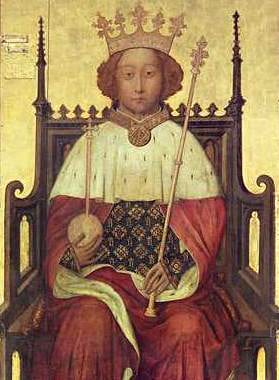

Get a copy of this summary and learn about the book.Ībout empty thrones, a lot can be said. Here is a Preview of What You Will Get: ⁃ A Full Book Summary ⁃ An Analysis ⁃ Fun quizzes ⁃ Quiz Answers ⁃ Etc.

A scramble over leadership in the boy’s appointed Regency Council led to the prominence first of Henry’s Lancaster uncles, then Richard of. Henry VI took over the rule of England upon the death of his father when he was not yet one year old. The Yorks became jealous, given their equal relation to England’s ancient monarchy, and when the Plantagenet-Lancaster dynasty appeared tragically weakened by the succession of Henry VI, the royal cousins took the opportunity to demand a new ruler. While the Lancasters remained on the throne, the Yorks were overlooked in the succession of kings. Instead of one unified Plantagenet family, the cousins became Lancasters and Yorks. Though both families were in fact closely related, they had split half a century earlier. The central reason for the Wars of the Roses, otherwise referred to as the 15th century English Civil War, was a tug-of-war between two families for the throne of England.

Though there is no one universally accepted start or end date for these wars, the major events throughout the wars occurred between 14. They had their roots in the nearby Civil War of France, which greatly influenced English politics for years to come. The War of the Roses - Fascinating History of the Fall of Plantagenet and Rise of Tudors The Wars of the Roses were a complex set of battles, skirmishes, and kidnappings during the 15th century in England.

At the same time it takes cognisance of all the work that has been done on the period, including recent and innovative work on Henry VI. This book places the events of the century within a clearly delineated framework of constitutional structures, practices and expectations, in an attempt to show the meaning of the apparently frenetic and purposeless political events which occurred within that framework - and which sometimes breached it. McFarlane led to the first real work on politics, both national and local, but has left the period in a disjointed state: much material has been unearthed, but without any real sense of direction or coherence. The large-scale 'revisionism' inspired by the classic work of K. The later fifteenth century in England is a somewhat baffling and apparently incoherent period which historians and history students have found consistently difficult to handle. 1437 up to the accession of Henry VII in 1509. This is a new interpretation of English politics during the extended period beginning with the majority of Henry VI in c.


 0 kommentar(er)
0 kommentar(er)
